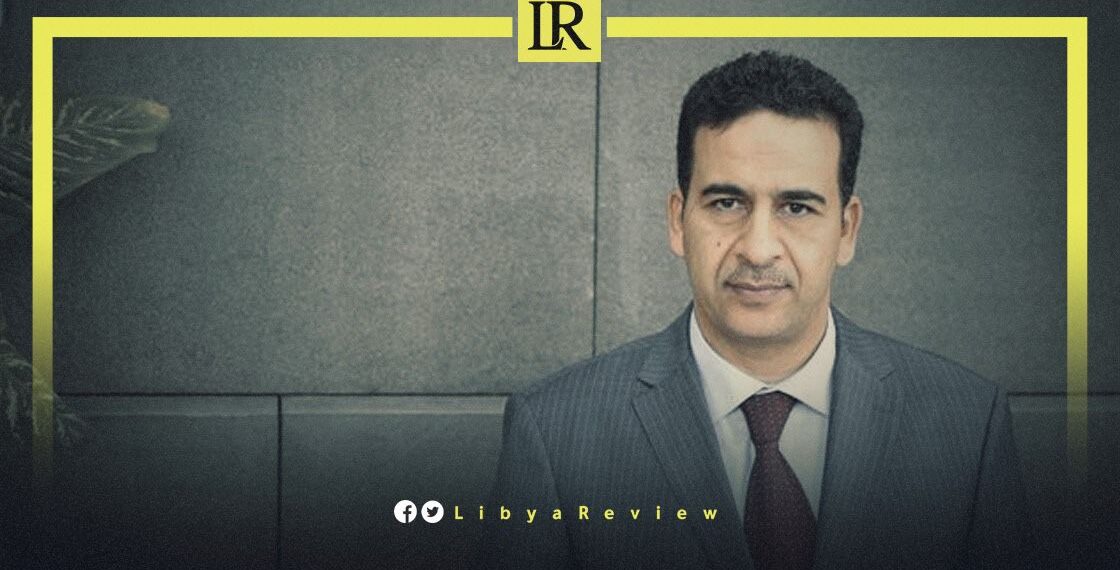Fawzi Al-Nuwairi, the Deputy Speaker of the Libyan House of Representatives (HoR), called on the United Nations Support Mission in Libya (UNSMIL) to establish a timeline for ending foreign presence in the country. He considers it a crucial condition for the success of the upcoming electoral process.
In an interview with the Arab World Press (AWP), Al-Nuwairi urged the international community, through the United Nations (UN) mission, to be sincere with the Libyan people by setting a timeline for the evacuation of foreign forces.
He emphasised that this is the primary condition for a successful electoral process, stating, “any foreign presence on Libyan soil will not lead to an easy electoral process or acceptance of the results.”
He added that consultations will continue to work towards a settlement that leads to elections and ensures the unity of Libya and its attainment of sustainable stability and peace.
“The HoR is in contact with all parties and is open. The evidence for this is that it has completed the necessary laws for the electoral process. Therefore, the HoR is cooperating with the mission, as well as with others and local parties,” Al-Nuwairi said.
“There is also communication with the High Council of State (HCS) and all parties in an attempt to find an urgent political settlement in the country,” he added.
He pointed out that the recent efforts of the council in this regard include the outcomes of the 6+6 Joint Committee (JMC) and the completion of the necessary laws for the electoral process.
Regarding the challenges facing the political process in Libya, Al-Nuwairi stated, “first and foremost, there are international external challenges represented by the intervention of some regional and international countries in Libyan affairs. Another factor is the weakness of the UN mission and its failure to adhere to the political agreement and constitutional declaration in formulating a vision for a solution.”
Al-Nuwairi concluded his statement by saying, “There is another internal challenge, in the absence of elites and political parties, and the lack of communication and delay in national reconciliation and the unification of the security institution. All of these are internal obstacles and challenges to reaching a clear settlement that leads to elections.”


